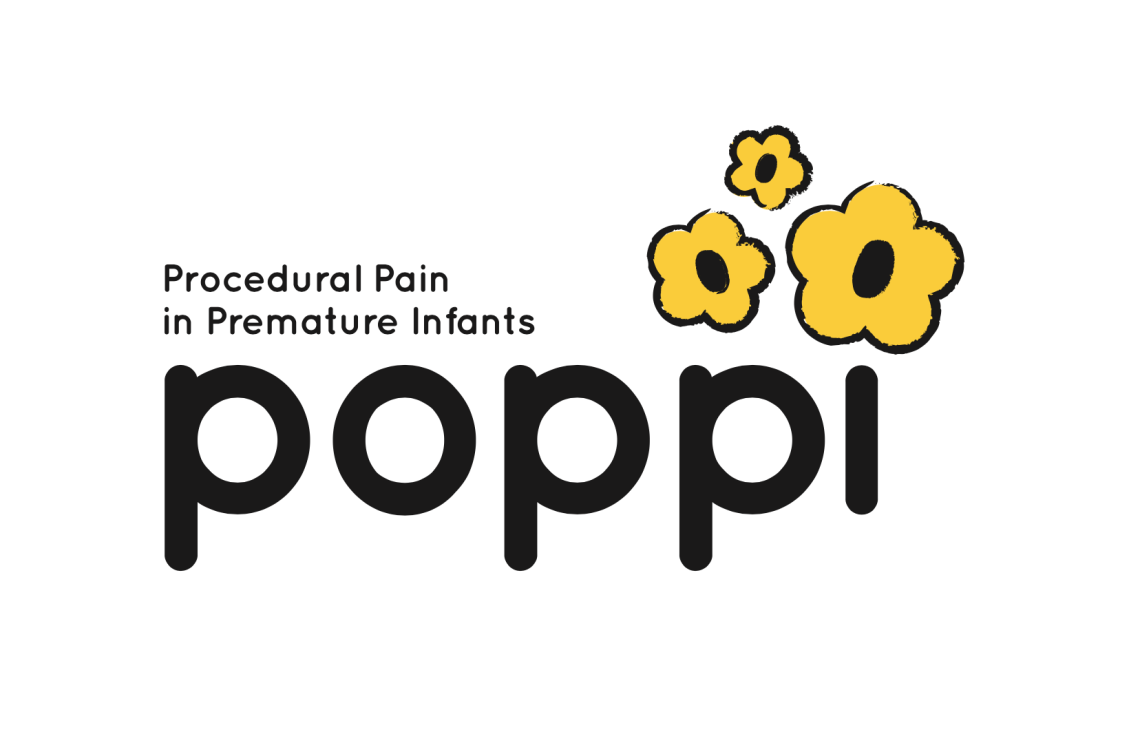
Biography
Dr Rebeccah Slater is a Professor of Paediatric Neuroscience and Senior Wellcome Fellow in the Department of Paediatrics at the University of Oxford. She is also a Professorial Fellow at St. John’s College.
Rebeccah studied Physics (BSc) at Imperial College and Neuroscience (MSc) at UCL, and in 2007 was awarded her PhD at UCL under the supervision of Prof Maria Fitzgerald (FRS). Since 2013 she has led the Paediatric Neuroimaging Research Group, which focuses on understanding the mechanisms that underlie the development of pain perception in the human infant. She uses a range of non-invasive brain imaging tools, including EEG and fMRI, to explore the development of pain perception in the human nervous system.
She has published many articles about infant pain and is regularly involved in science communication and the public engagement of science. Rebeccah holds an honorary research position in the Neonatal Care Services at the John Radcliffe Children’s Hospital and is a PI at the Wellcome Centre for Integrative Neuroimaging (WIN). In 2017 was elected as a ‘Young Scientist’ by the World Economic Forum.
Find out more about the Poppi Trial - a Randomised Controlled Trial investigating the analgesic efficacy of morphine in premature infants.

Rebeccah Slater
PhD MSc BSc ARSM
Professor of Paediatric Neuroscience
- Senior Wellcome Trust Research Fellow
Understanding the mechanisms that drive the development of pain perception in the human infant
My Research
Pain in infancy has negative long-term consequences and its prevention is a clinical priority, but adequate treatment requires mechanistic understanding of the structural and functional development of human nociceptive circuitry.
My research group aims to understand the mechanisms that drive and modulate pain perception in early human development. Recent scientific advances provide insights into how noxious information is transmitted to the infant brain, providing a platform to ask how intrinsic brain network connectivity and the environment affect noxious-evoked brain activity, behaviour and ultimately pain perception in the developing infant nervous system.
We are investigating whether inherent differences in how the brain behaves at rest influence variability in noxious-evoked activity, and will determine how this relationship is altered by environmental factors and pathology. We want to understand how the development of structural and functional network connectivity alters noxious-evoked brain activity, and influences the dynamic relationship between brain activity and behaviour.
The overarching goal is that this developmental understanding will translate into the improved treatment of infant pain in premature and term-born infants.
Key publications
-
Nociceptive brain activity as a measure of analgesic efficacy in infants.
Hartley C. et al, (2017), Sci Transl Med, 9
-
Changing Balance of Spinal Cord Excitability and Nociceptive Brain Activity in Early Human Development.
Hartley C. et al, (2016), Curr Biol, 26, 1998 - 2002
-
fMRI reveals neural activity overlap between adult and infant pain.
Goksan S. et al, (2015), Elife, 4
-
Oral sucrose as an analgesic drug for procedural pain in newborn infants: a randomised controlled trial.
Slater R. et al, (2010), Lancet, 376, 1225 - 1232
-
Analgesic efficacy and safety of morphine in the Procedural Pain in Premature Infants (Poppi) study: randomised placebo-controlled trial.
Hartley C. et al, (2018), Lancet, 392, 2595 - 2605
Recent publications
-
Is noxious stimulus-evoked electroencephalography response a reliable, valid, and interpretable outcome measure to assess analgesic efficacy in neonates? A systematic review and individual participant data (IPD) meta-analysis protocol.
Baxter L. et al, (2025), Syst Rev, 14
-
Pain in women: bridging the gender pain gap.
Laughey W. et al, (2025), Pain Rep, 10
-
Pain management in preterm infants with necrotizing enterocolitis: an international expert consensus statement
ten Barge JA. et al, (2025), European Journal of Pediatrics, 184
-
Children need space and support to talk about their pain.
Hirekodi T. and Slater R., (2025), Lancet Child Adolesc Health, 9, 160 - 161

